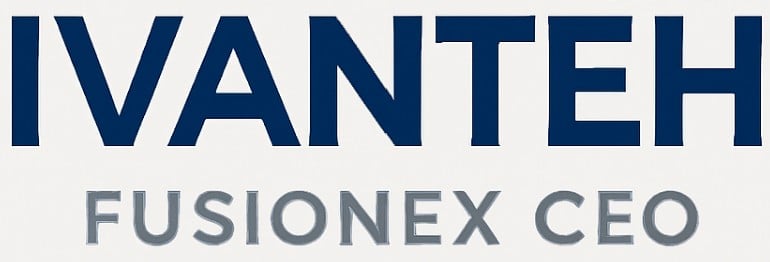Building a Responsible Future for AI: Ethics, Education, and Collaboration
Panelists at a recent forum on “Responsible AI: Designing Tomorrow with Ethics and Transparency” discussed the importance of establishing a robust set of ethical guidelines for the development of AI. The panel included Freddy Loo, Director of Digital and Analytics Advisory at Fusionex Group; Ethan Tu, Founder of Taiwan AI Lab; Patricia Shaw, Consultant at Beyond Reach Consulting Ltd., UK; and Jan Schnedler, Chief Legal Officer at the Artificial Intelligence Center Hamburg.
Formulation of AI Ethics Code to Include Education and Awareness
The forum highlighted the need for the forthcoming AI code of ethics, set to be completed by 2024, to go beyond just listing the Seven Principles of Responsible AI. Panelists emphasized that the ethics code must incorporate education and awareness to nurture the ethical thinking needed to guide AI’s development.
Freddy Loo pointed out that AI education should focus not just on technical expertise but also on fostering ethical awareness. “We shouldn’t just be training individuals to become excellent programmers and AI modellers. We must also equip them with the ability to detect bias and promote empathy,” Loo noted. He stressed the importance of soft skills alongside technical training to prepare individuals for the ethical challenges AI presents.
Education, Ethics, and Values: Shaping AI’s Future
According to Loo, the current educational approach needs to broaden its scope. “While there’s significant demand for AI skills, it’s important to also educate on how to be an ethicist,” he said. He emphasized that the local education system should be more inclusive of ethics in AI development, alongside core technical subjects.
Patricia Shaw from Beyond Reach Consulting added that AI is transforming industries by increasing efficiency but also creating knowledge gaps. She stressed the need to establish AI literacy and capacity building within the population. “We must train future generations in responsible AI, values, and ethics,” Shaw explained, referring to the necessity of integrating these principles into both startups and established businesses.
Malaysia’s National AI Code of Ethics: A Step Toward Global Collaboration
The Seven Principles of Responsible AI, which include fairness, reliability, safety, privacy, inclusiveness, transparency, and accountability, were outlined as guiding principles for AI development. Loo expressed hope that Malaysia’s efforts to create its AI ethics code would foster international collaboration. “It’s encouraging to see the Malaysian government take the lead, but it’s crucial that industry players collaborate in this process. AI is constantly evolving, and the ethics code must be adaptable,” he said.
Loo emphasized that this initiative should not be a one-time activity but a continuous effort, reviewed regularly to reflect the rapid advancements in AI technologies.
The Importance of AI Literacy for Responsible Innovation
The forum also addressed the impact of AI on job skills and knowledge. Shaw discussed how AI could potentially deskill certain tasks, leading to an overall gap in knowledge assimilation. She called for a focus on building AI literacy, especially in smaller businesses and startups. “By nurturing AI literacy and responsible innovation, we can create a future where AI benefits all sectors of society,” she added.
Preparing for the AI Future: Legal Framework and Ethical Standards
Science, Technology and Innovation Minister Chang Lih Kang also shared updates on Malaysia’s progress in developing its AI code of ethics. He confirmed that the code is expected to be finalized by 2024 and will serve as the foundation for the country’s AI regulations.
The Ministry of Science, Technology, and Innovation is also exploring the need to establish a legal framework for AI, known as the AI Act. Furthermore, the Malaysian Standards Department has set up a National Mirror Committee to create national AI standards, which will play a pivotal role in shaping the country’s AI landscape.
Conclusion
As AI continues to evolve and impact various industries, it is essential to incorporate a strong ethical framework that balances technological advancements with societal values. The forum’s discussions on AI literacy, ethical education, and responsible innovation laid the groundwork for shaping a future where AI can be developed and used in a way that benefits all of humanity. By working collaboratively, governments, businesses, and academia can ensure AI’s responsible and ethical integration into society.





